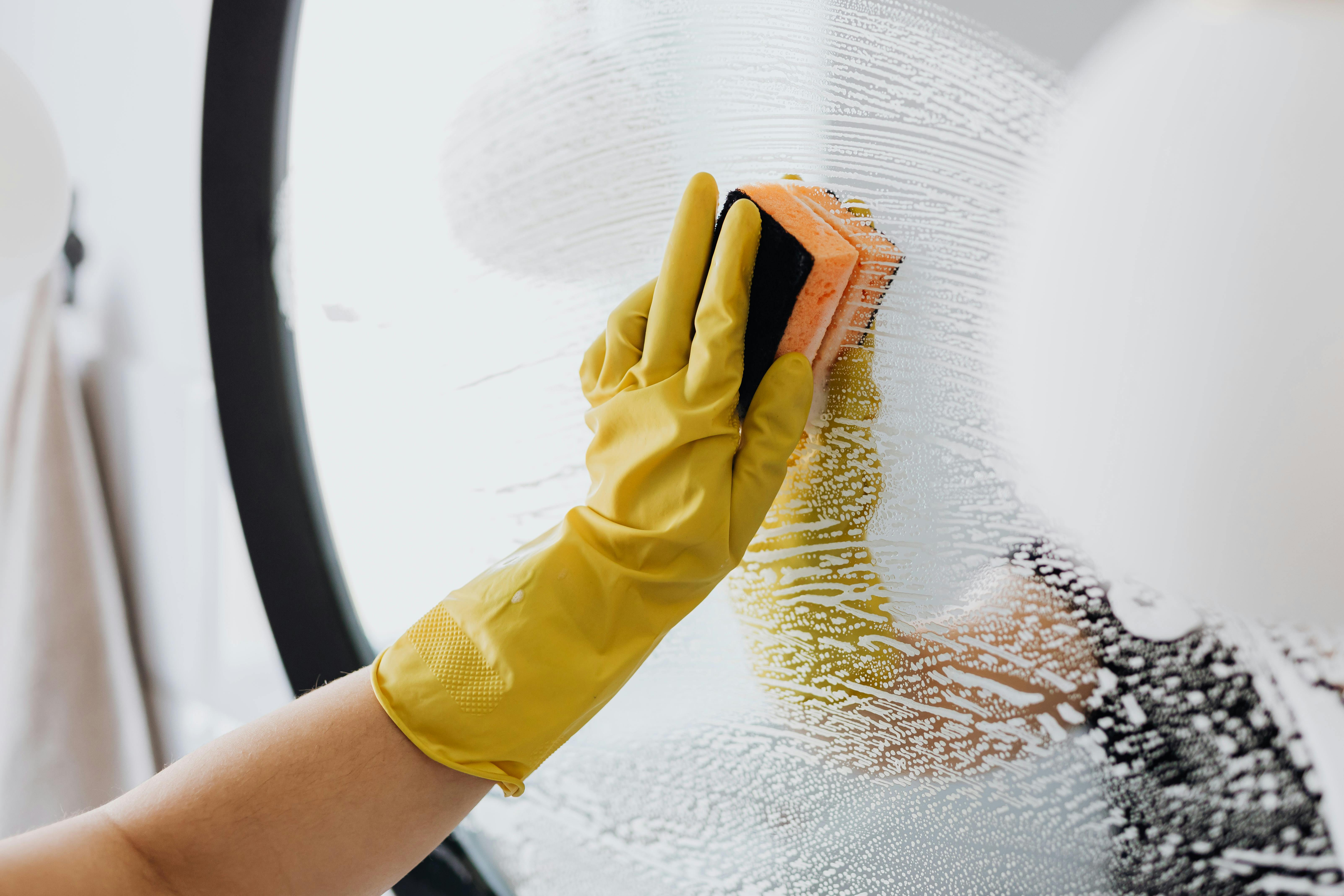Distilling water is a process of separating contaminants from water by boiling it and then collecting the steam once it has cooled. This process can be used to remove nitrates from the water, as these compounds are not able to evaporate and condense along with the steam. It is important to note, however, that distillation does not filter out all types of contaminants, and more complex techniques may be needed to remove other types of impurities.Yes, distilling water can remove nitrates. The process of distillation works by boiling the water, collecting the steam and condensing it into a separate container. During this process, the nitrates are left behind in the boiling container and therefore do not make it into the condensed steam. This means that when you drink distilled water, you will not consume any of the nitrates that were present in the original water.
What is Distilled Water?
Distilled water is water that has been purified through a process known as distillation. This process involves boiling the water, collecting the resulting steam, and then condensing the steam back into liquid form. The result is water that is free of impurities, including bacteria, salts, and minerals. Distilled water has a variety of uses, ranging from drinking and cooking to medical purposes. It is also commonly used in industrial settings for cooling systems and other machinery.
The benefits of distilled water are numerous. It has a neutral pH level, meaning it won’t react with other chemicals or metals in the same way that untreated or hard water would. Additionally, it does not contain any minerals or impurities that can affect the taste and quality of food and beverages. Distilled water also does not leave behind any residue when evaporated, making it ideal for use in machines such as espresso makers and steam irons. Finally, distilled water does not contain any bacteria or virus that could cause illness if consumed.
Distilled water can be purchased from most grocery stores or online retailers in both large containers and smaller bottles for single
Distillation
Distillation is a process used to separate and purify liquids based on their different boiling points. It works by heating a liquid, causing it to evaporate and form a vapor. The vapor is then cooled and condensed into a liquid, which is collected in another container. This process can be used to remove impurities from liquids, such as alcohols or essential oils, or to separate liquids with different boiling points.
How Does Distillation Work?
Distillation works by taking advantage of the fact that different compounds have different boiling points. When a liquid is heated, the molecules with the lowest boiling points will evaporate first and form a vapor. This vapor is then cooled and condensed back into a liquid, which can be collected in another container. In this way, the components of the original mixture can be separated based on their different boiling points.
For example, if you wanted to separate alcohol from water in an alcoholic beverage like beer or wine, you would heat the mixture until it begins to boil. As it boils, the alcohol will evaporate first since it has a lower boiling point than water. The vapor can
Nitrates and Where They Come From
Nitrates are chemical compounds that are composed of nitrogen and oxygen molecules. They can be found naturally in soil, water, and air, but they can also be created through various human activities. Nitrates are essential to plant growth and are often used as fertilizers in agricultural operations. Nitrates are also used in the production of explosives, pharmaceuticals, and a variety of other products.
Nitrates can enter the environment from a wide variety of sources. Natural sources include volcanic activity, lightning strikes, decaying organic matter, and nitrogen-fixing bacteria. Human sources include fertilizer runoff from agricultural fields, septic systems, wastewater treatment plants, industrial emissions from the production of explosives or pharmaceuticals, sewage sludge applied to land as a soil amendment, burning fossil fuels such as coal or oil for energy production and transportation activities such as cars and planes.
Nitrates can be beneficial to plants in small amounts; however, when too much enters the environment it can cause problems. High levels of nitrates in drinking water have been linked with health risks such as nausea, vomiting and headaches. Additionally, nitrate runoff from agricultural fields can lead to
The Pros and Cons of Distillation for Removing Nitrates
Distillation is a widely used process for removing nitrates from water, but it does come with certain advantages and disadvantages. In this article, we will explore the pros and cons of distillation for removing nitrates from water.
One of the main advantages of using distillation to remove nitrates from water is that it is an extremely effective process. Distillation involves heating the water until it boils, which causes any dissolved solids in the water to separate out as vapor. The vapor then condenses back into liquid form and can be collected separately from the solids. This means that almost all dissolved solids, including nitrates, can be effectively removed from the water using distillation.
Another advantage of using distillation to remove nitrates from water is that it is relatively inexpensive. There are many different types of distillation systems available on the market today, ranging from simple countertop systems to more expensive industrial-grade systems. No matter which type of system you choose, you can be sure that your investment will be

Is Distilled Water Safe to Drink?
Distilled water is a form of purified water that has had impurities and minerals removed through a distillation process. Distillation is the evaporation of water from its liquid form and then condensing it back into a liquid state. This process removes most contaminants, including heavy metals, bacteria, and other particles. As a result, distilled water has no taste or smell and does not contain any minerals or other nutrients.
Although distilled water is generally considered safe to drink, there are some potential health risks associated with drinking it over an extended period of time. Because distilled water lacks essential minerals like calcium and magnesium, long-term consumption can lead to mineral deficiencies. Additionally, the lack of minerals may cause an imbalance in the body’s electrolytes which can lead to dehydration and other health issues.
It’s also important to note that while distillation removes most contaminants from the water, some may still remain if the distillation process is not done correctly or if the equipment used is not up to standard. To be sure that your distilled water is free from impurities, it’s best to buy it from
Alternatives to Distillation for Removing Nitrates from Water
One of the most common and effective methods for removing nitrates from water is distillation. However, there are several alternatives to distillation that can be used to achieve the same goal. These include reverse osmosis, ion exchange, activated carbon filtration, and nanofiltration. Each of these methods can be used in different situations depending on the level of nitrate contamination in the water and the desired outcome.
Reverse osmosis is a process in which water is forced through a semipermeable membrane under pressure, trapping impurities on one side and allowing clean water to pass through on the other side. This process is often used in industrial applications as it is very efficient at removing a wide range of contaminants from water, including nitrates. However, it can be costly to install and maintain a reverse osmosis system.
Ion exchange involves passing contaminated water through a bed of resin beads that trap and absorb ions such as nitrates. This method is often used when there are high levels of nitrate contamination in the water because it is very effective at removing these impurities
Is Reverse Osmosis Effective at Removing Nitrates from Water?
Reverse osmosis is an effective method for removing nitrates from water. It works by forcing the water through a semi-permeable membrane that traps the nitrates, while allowing the pure water molecules to pass through. This type of filtration process has been used in many industries, including drinking water treatment and wastewater treatment plants. Reverse osmosis systems have been proven to be highly effective at removing nitrates from water sources, reducing levels of nitrate contamination.
The effectiveness of reverse osmosis in removing nitrates depends on several factors, such as the size of the membrane pore and the pressure applied during filtration. If a larger pore size is used and high pressure applied, then more nitrate can be removed from the water. Additionally, the efficiency of reverse osmosis can be increased by using multiple stages of filtration or by pre-treating the water with other processes such as ion exchange or carbon filtration.
Reverse osmosis is very effective at removing most dissolved

Conclusion
Distillation does remove nitrates from water, but the process is expensive and energy-intensive. Additionally, distillation may not be effective for removing other contaminants, such as bacteria and viruses. In many cases, other methods of water purification are more effective for removing nitrates from water. Reverse osmosis and activated carbon filtration are two of the most common methods for removing nitrates from drinking water. These processes are typically more affordable than distillation, and can be used to remove a wide range of contaminants from drinking water.
In summary, distillation is an effective method for removing nitrate from drinking water but it is not always the best choice. Consumers should consider the cost and effectiveness of different filtration methods before deciding which method to use to purify their drinking water.

